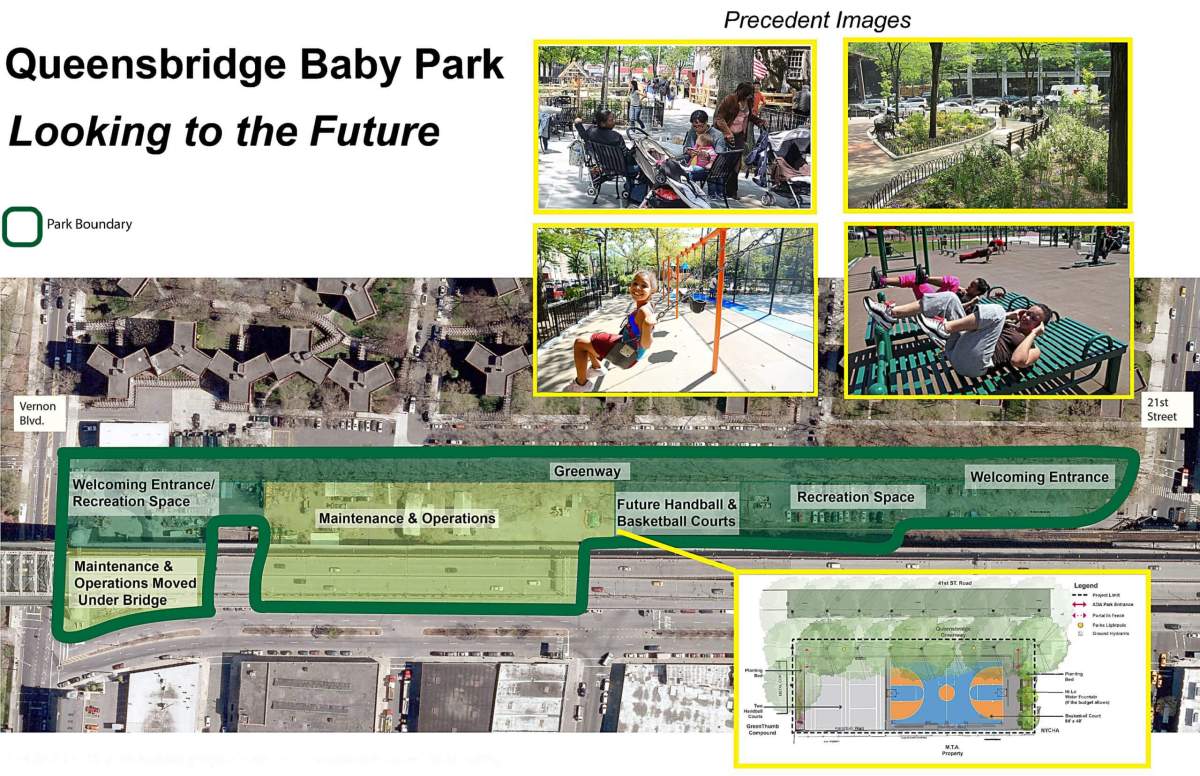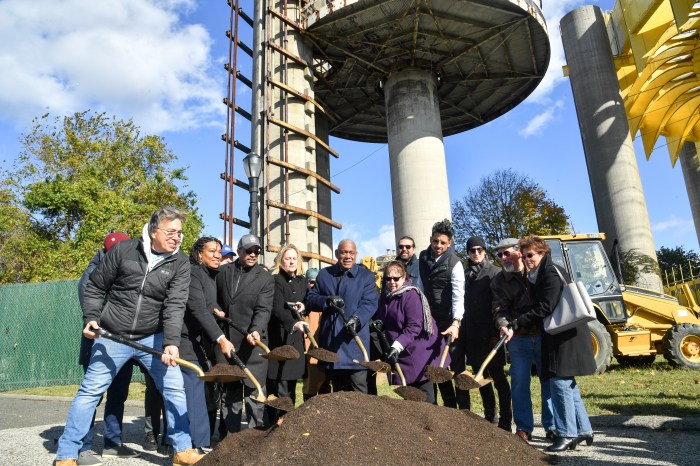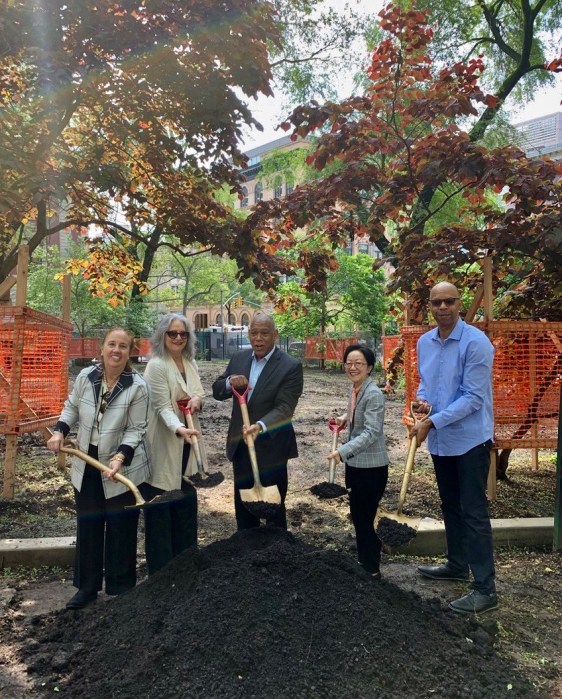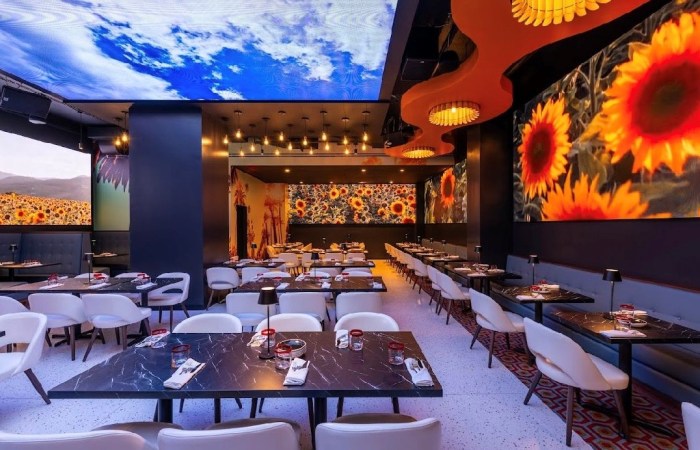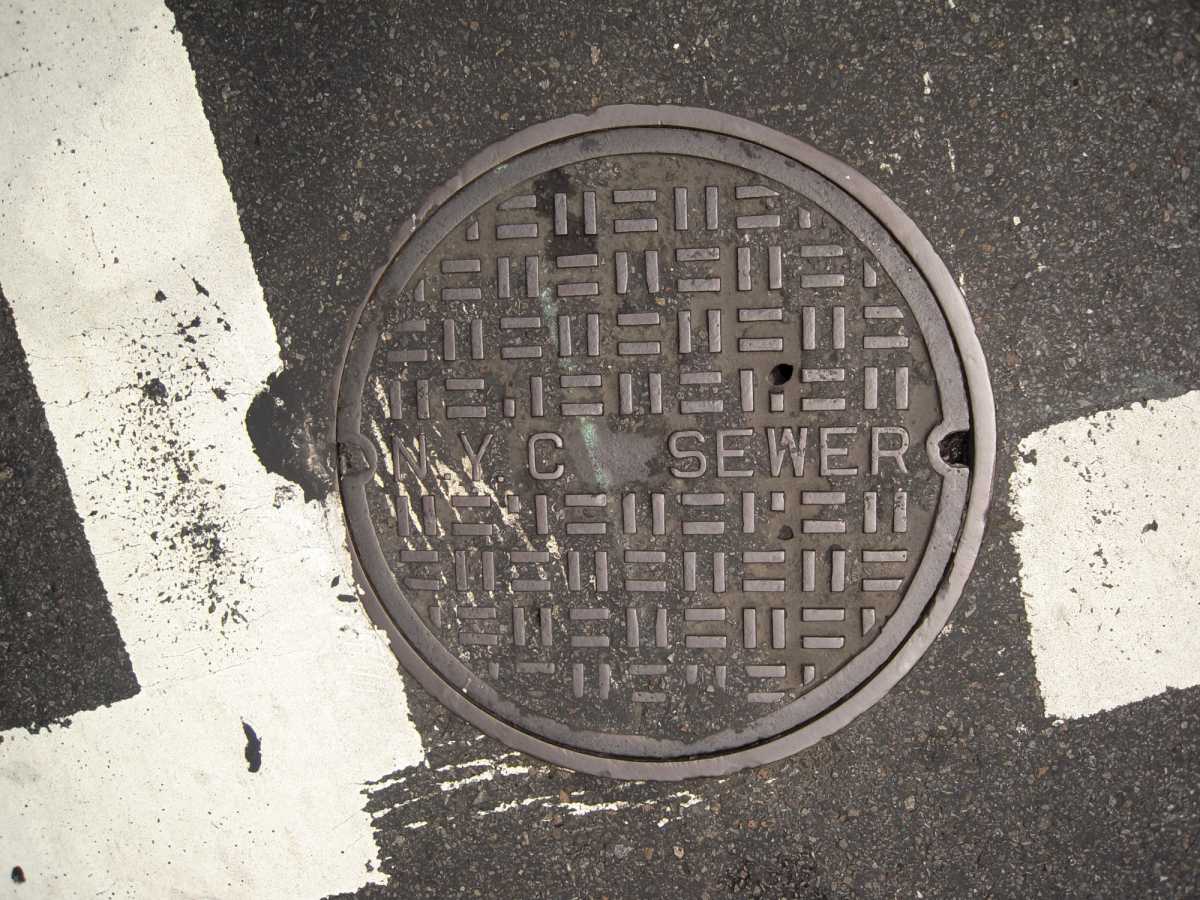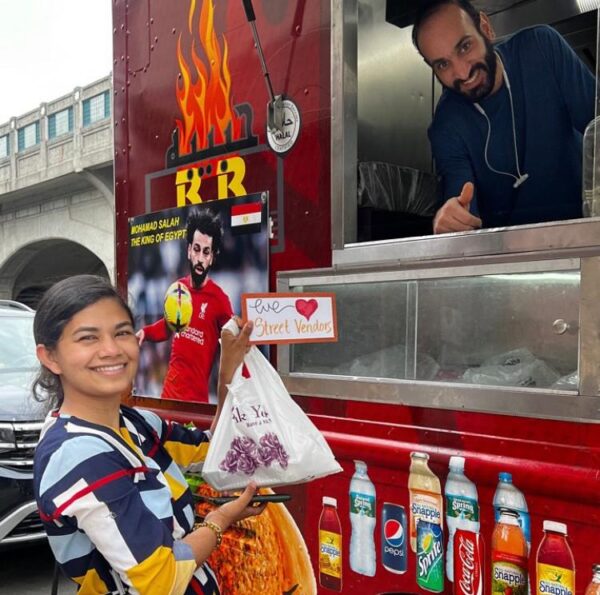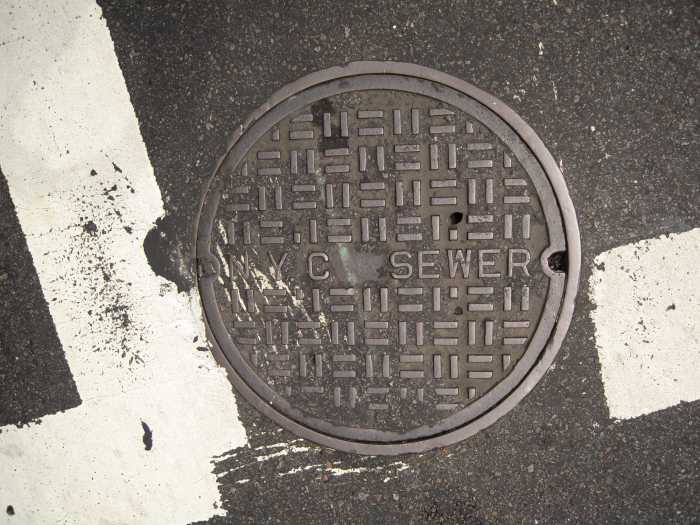NYC Parks and DSNY have extended the life of parkland composting sites for six more months after a hearing in City Hall last week.
With COVID-19, the Black Lives Matter protests, and the presidential election dominating the news this year, many have overlooked the hidden war raging between the NYC Parks Department and residents backed by local elected officials over the right to use public parkland for composting purposes.
This battle reached its zenith last Tuesday when politicians and community members alike joined a Zoom call where they garnered attention for the then-upcoming hearing on the matter at City Hall. Although testimonials are still be considered from those who are adamantly against the proposal of transforming the aforementioned recycling sites into paved-over parking lots, NYC Parks issued a statement Friday declaring that the composting site at Queensbridge Park is extended until June 2021, at which time they say they will aid in finding composting a new home elsewhere on “a non-Parks site.”
“As the caretaker of our City’s 30,000 acres of parks — of which 10,000 are natural areas – composting has long been a regular part of our sustainable management practices,” said NYC Parks Commissioner Mitchell J. Silver in the announcement. “In an effort to help Big Reuse continue their composting operations without interruption while they relocate, Parks will grant a 6-month extension of their use of Queensbridge Park.”
The news of this extension also comes alongside the fact that NYC Parks are doubling down on their plans funded by Mayor Bill de Blasio on the $11m project to create “recreational space” for the residents of the Queensbridge Houses, which is still set to begin in January of 2021.
In response to this announcement, Christine Datz-Romero, Executive Director at Lower East Side Ecology, says that this extension is not a meaningful compromise. “Since parks also does not seem to have immediate plans for the site under the Queensboro bridge and substantial capital investments made to create a cutting edge compost facility would be lost,” Datz-Romero said.
The Lower East Side Ecology Center is an organization that focuses on urban sustainability through various programs. Datz-Romero disagrees with the park’s eviction to a non-parkland site.
“We firmly believe that community composting belongs in Parks since as an agency Parks not only generates leaf and yard waste but can also greatly benefit from the finished product which is a natural soil amendment to regenerate depleted urban soil to create vibrant green spaces that are more able to soak up storm water and nourish food crops in community garden etc,” Datz-Romero said.
New York City Council Member Jimmy Van Bramer was also not pleased with the statement, saying through a tweet: “You can & should expand the time @BigReuse are allowed to stay there further. You can & should rebuild (Baby Queensbridge) park & recommitting to community composting & recommitting to them. They are not mutually exclusive goals. That is a false narrative.”
“You can & should expand the time @BigReuse are allowed to stay there further. You can & should rebuild (Baby Queensbridge) park & recommitting to community composting & recommitting to them. They are not mutually exclusive goals. That is a false narrative.” pic.twitter.com/5uvos63GTL
— Jimmy Van Bramer (@JimmyVanBramer) December 18, 2020
Activists underscored this sentiment during last week’s Zoom call with Save Our Compost NYC—a coalition of groups working to uplift environmental and climate justice. During this session, they rallied environmentalists to prevent Mayor Bill de Blasio and the NYC Parks Department’s proposal to remove public composting sites. While the extension is not the answer they were looking for, members of this citywide coalition are still pushing to stop this eviction. They believe a removal of composting sites from parks will destroy green jobs, squander public funds, and undermine environmental projects such as the NYC Climate Plan and Zero Waste.
These activists are fighting to keep composting sites within parks so that public funds are not wasted on simply re-creating new sites when the locations already exist. Rather, they want those funds on continuing pre-existing projects and moving them further.
Their argument against these site closures is that it disrupts the City Council’s existing plan to promote food scrap drop-off options in all communities, which will increase pollution and further limit compositing options for Black, Brown, and low-income communities.
Edward Grayson, Acting Commissioner, New York City Department of Sanitation, said: “Composting is a critical part of achieving our zero waste goals, and it helps build healthier communities. Despite our budget cuts, DSNY remains deeply committed to its expansion and the environmental justice it brings. Communities also need and deserve quality public space. I want to thank Parks for their partnership as we work to find a solution that balances all of the Queensbridge community’s needs.”
Despite the six-month extension, it does not appear that either side will be raising a white flag anytime soon.
amNewYork Metro has reached out to members of the Save Our Compost coalition and is awaiting further comment.



